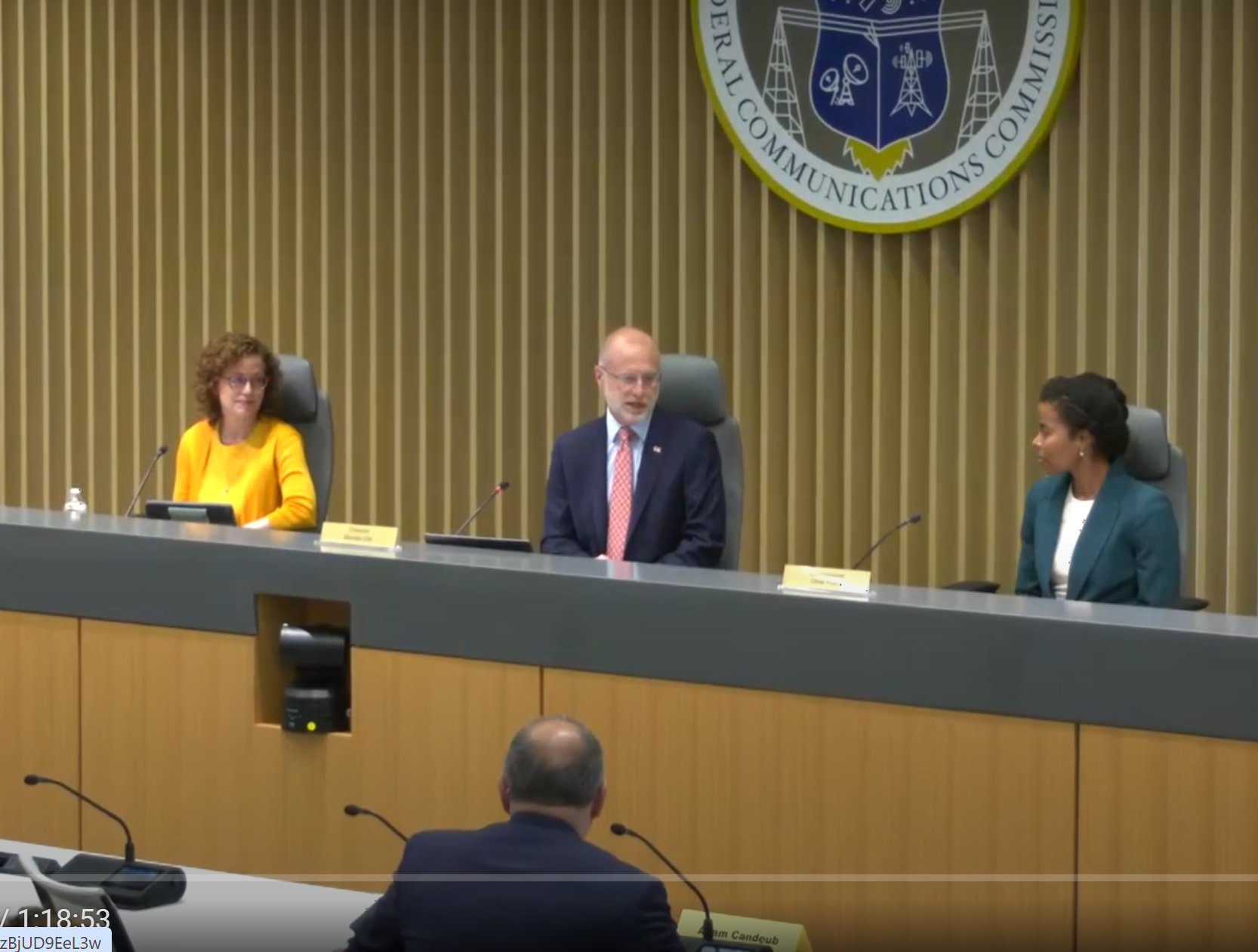CEA makes spectrum reform top priority
The Consumer Electronics Association (CEA), the trade group behind the CES trade show in Las Vegas next month, is pushing for U.S. regulatory and congressional action to free up airwaves to handle the increasing use of wireless devices.
The issue will be the top policy initiative of the consumer electronics industry in 2011, Gary Shapiro, president and chief executive of the trade group, said last week.
Shapiro said telecommunications issues have traditionally been less partisan, and he believes that Rep. Fred Upton, the Republican who will head the House Commerce and Energy Committee next year, intends to continue this approach when Republicans take over the House of Representatives next month.
About 77 million smartphones were shipped in the fall of 2010, while “app” downloads on phones like Apple’s iPhone and RIM’s BlackBerry surged from 300 million in 2009 to 5 billion in 2010. Users of these phones could face clogged networks, more dropped calls and slower connection speeds on wireless devices if the nation’s spectrum is not used more efficiently.
Last June, the Obama administration endorsed making 500MHz of spectrum available over the next 10 years to meet the growing demand for wireless services.
The Commerce Department last month identified 115MHz of spectrum that could be reallocated to wireless broadband, and the FCC hopes to repurpose 120MHz of spectrum from television stations through voluntary incentive auctions.
Under the plan, broadcasters would voluntarily give up spectrum under the FCC’s proposal and receive a portion of the proceeds from the auction of their airwaves. However, Congress would have to give the FCC the authority to conduct airwave auctions and to divert some of the revenue from the government to the broadcasters.
The professional video industry's #1 source for news, trends and product and tech information. Sign up below.
Shapiro said the CEA would urge members of Congress to move forward on incentive auctions. He emphasized the economic benefit of the auctions in helping to reduce the deficit. “The biggest threat to our industry is the health of the U.S. economy,” he said.
